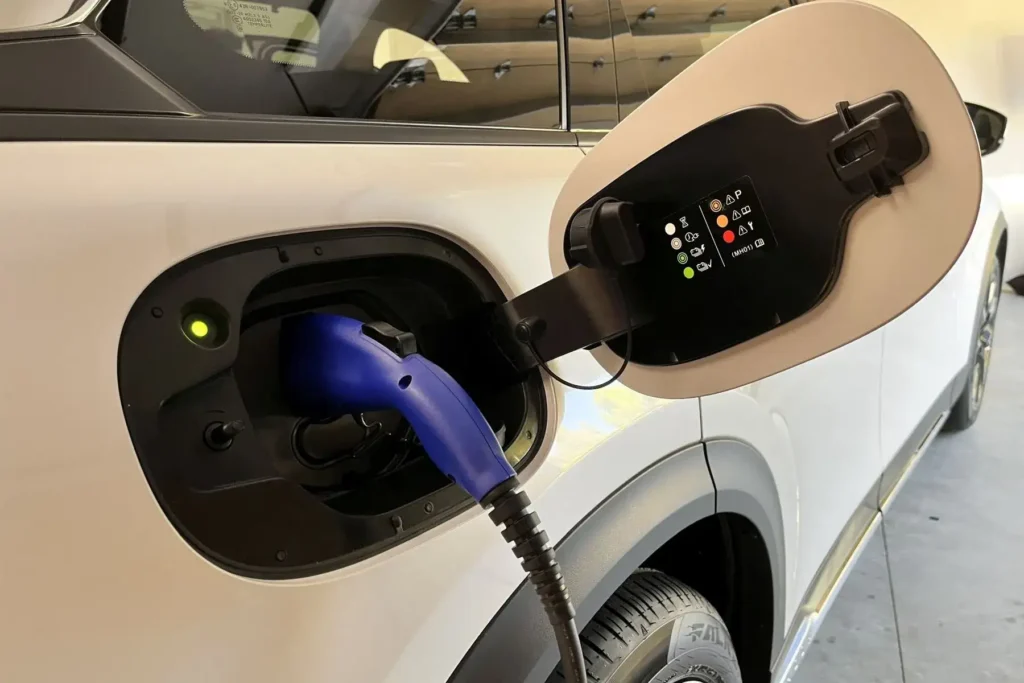Delhi EV Policy Extension: Key Decision for Residents

In a significant move, the Delhi government has decided to extend the Delhi EV Policy Extension for another three months. This extension follows the expiry of the initial three-year term in August 2024 and provides a crucial window for implementing the revised EV policy. The extension ensures that the current guidelines will remain in place until the updated EV 2.0 framework is finalized and officially introduced.
What the Delhi EV Policy Extension Means for Residents
The extension of the EV policy gives Delhi residents much-needed relief. The government will continue to offer the existing incentives and support systems, allowing electric vehicle owners and potential buyers to access ongoing subsidies.
This move reassures residents that they can transition to electric vehicles without worrying about immediate changes to regulations or benefits. Additionally, the government has reassured auto-rickshaw drivers and other vehicle owners that it will not enforce any bans, offering further stability to those concerned about potential restrictions.
Delhi EV Policy 2.0: Key Features of the Extension
The extension of the EV Policy 2.0 marks a significant milestone in Delhi’s efforts to reduce air pollution. The policy, initially introduced in August 2020, aimed to reduce pollution by encouraging the adoption of electric vehicles across various sectors. It targeted categories like two-wheelers, buses, three-wheelers, and goods carriers.
Under the current framework, the government introduced several incentives to make electric vehicles more affordable. Among these were subsidies of up to Rs 36,000 for women riders purchasing electric two-wheelers, making EVs a more attractive option for female commuters. Further incentives included a purchase subsidy of Rs 10,000 per kilowatt-hour of battery capacity, capped at Rs 30,000 per vehicle. Although these measures successfully boosted EV adoption, challenges like high costs, limited infrastructure, and public awareness slowed the process.
By extending the policy for another three months, the government ensures that these incentives continue while it finalizes the new EV Policy 2.0.
Government’s Plan for EV Policy 2.0 and Future of Delhi’s Transportation
The revised Delhi EV Policy 2.0 will address some of the challenges faced by the earlier version and accelerate the transition to electric vehicles. The new policy will introduce more comprehensive incentives, better infrastructure, and initiatives to enhance job opportunities in the EV sector.
The new policy will expand subsidies for electric vehicles. Female riders will continue to benefit from financial support, but the government plans to extend these incentives to a broader demographic to make EVs accessible to all. The policy will also focus on expanding the charging network and battery swapping stations, essential for addressing range anxiety and increasing adoption.
Additionally, the new policy will create around 20,000 jobs in the EV sector. These jobs will range from manufacturing positions to roles in infrastructure development, ensuring that the EV transition benefits both the environment and the economy.
Delhi EV Policy Extension: Keeping the Momentum Going
The three-month extension of the current policy plays a crucial role in maintaining the momentum toward EV adoption. Without this extension, many residents would have faced uncertainty about the availability of subsidies and incentives. By maintaining the current guidelines, the government gives Delhi residents more time to plan for the future and ensures no disruptions in the EV market.
This stability is vital for those who have already made the switch to electric vehicles or are planning to make the transition. They can confidently prepare for the upcoming changes while benefiting from the existing policy framework.
The Path Ahead for a Greener Future in Delhi
As Delhi prepares to implement the new EV Policy 2.0, residents and businesses can expect more extensive support for clean transportation. The revised policy will not only make electric vehicles more affordable but will also improve the infrastructure required to support them, contributing to a greener and more sustainable transportation system.
The next few months will be vital as the government finalizes the new policy. Once fully implemented, Delhi will take a major step toward reducing pollution and contributing to global climate action efforts. By encouraging electric vehicle adoption, the city is setting a positive example for others to follow.
Conclusion: A Step Toward Sustainability and Clean Air
Delhi’s decision to extend the EV Policy 2.0 for three months provides essential stability during the transition. The extension ensures that residents can continue to take advantage of current benefits while the government finalizes the updated policy.
The upcoming EV Policy 2.0 will strengthen Delhi’s efforts to reduce pollution and transition to greener transportation. As more people switch to electric vehicles, Delhi is moving closer to a cleaner, healthier, and more sustainable future.






